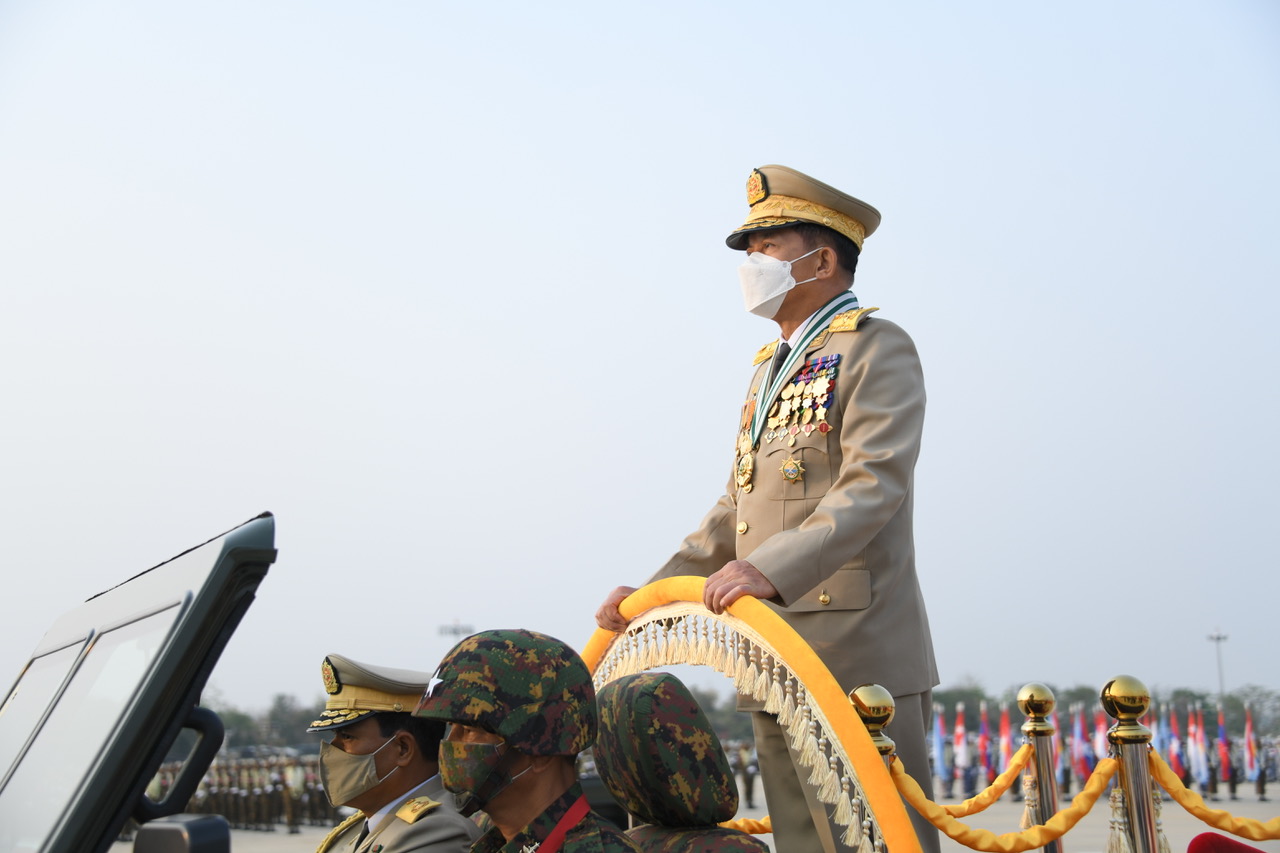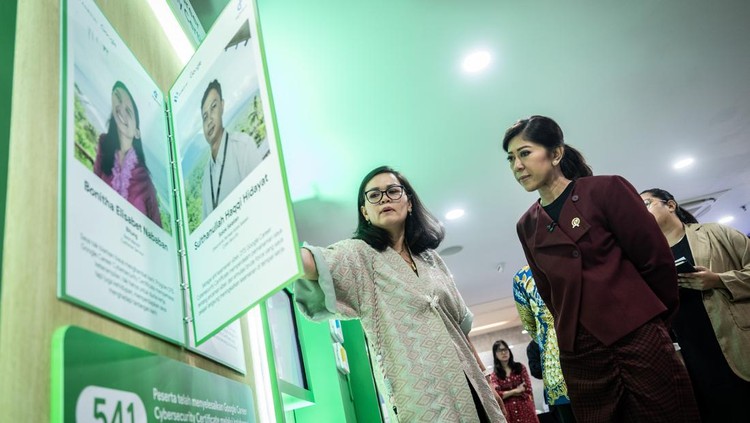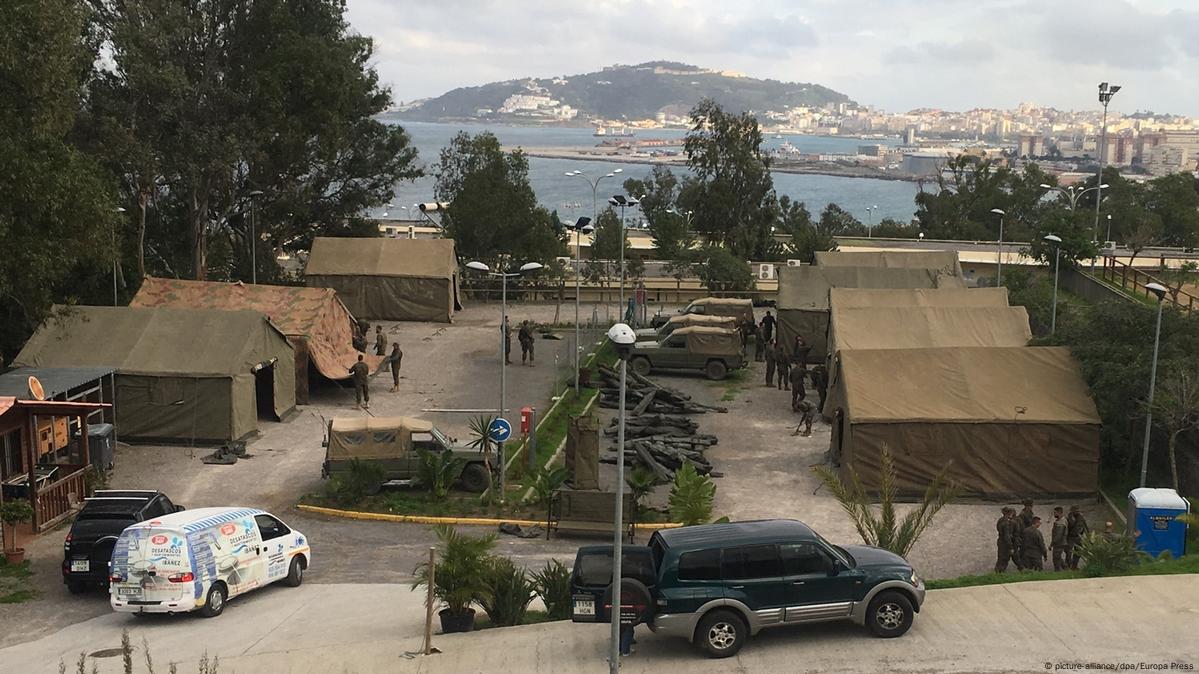The Selective Justice Of Britain And Australia's Response To The Myanmar Crisis

Table of Contents
The Rohingya Genocide and Western Sanctions
The Rohingya people, a Muslim minority group in Myanmar, have endured systematic persecution, including mass killings, rape, and the destruction of their villages. This ethnic cleansing, widely recognized as a genocide by numerous international bodies, has driven hundreds of thousands of Rohingya into refugee camps in neighboring Bangladesh, creating a humanitarian catastrophe.
Britain and Australia have imposed sanctions on some individuals and entities within the Myanmar military, but these measures have been criticized for their limited scope and perceived lack of impact. The sanctions, while symbolically important, haven't significantly deterred the ongoing atrocities.
- Specific sanctions imposed: Travel bans, asset freezes, and arms embargoes on select military leaders and companies.
- Targeted individuals and entities: The list of sanctioned individuals and entities remains relatively small compared to the scale of the crisis.
- Economic impact of the sanctions: The economic impact of these targeted sanctions has been debated, with some arguing that they are insufficient to significantly alter the junta's behavior.
- Evidence of human rights violations continuing despite sanctions: The continued reports of human rights abuses clearly demonstrate the ineffectiveness of the current sanctions regime. This highlights the need for stronger, more comprehensive measures.
Political Considerations and Strategic Interests
Britain and Australia's approach to the Myanmar crisis is undeniably shaped by their political and strategic interests in the Asia-Pacific region. Maintaining strong economic ties with regional players and ensuring regional stability are paramount. This often translates to a cautious approach, prioritizing diplomatic engagement over potentially confrontational actions that could jeopardize these crucial relationships.
- Economic ties with Myanmar: While lessened in recent years, pre-existing economic ties, particularly in resource extraction, have historically influenced diplomatic approaches.
- Diplomatic relations with the Myanmar junta: Maintaining diplomatic channels, even with a repressive regime, is often seen as a way to influence events from within.
- Concerns about regional stability: Fear of further destabilization in the region, potentially exacerbated by stronger action, shapes the level of intervention.
- Influence of other global powers: The influence of other significant players, such as China, which has strong economic ties with Myanmar, plays a significant role in shaping the West's response.
Comparison with Responses to Other Crises
A critical analysis reveals inconsistencies in Britain and Australia's responses to various international crises. Comparing their involvement in the Myanmar crisis with their interventions in situations like the Syrian civil war or the conflict in Ukraine reveals a disparity in the level of engagement. This perceived double standard fuels criticism regarding the selective nature of their foreign policy.
- Specific examples of different responses to other crises: The scale and nature of interventions in Syria and Ukraine demonstrate a willingness to impose more extensive sanctions and engage in stronger diplomatic pressures.
- Analysis of the differing levels of intervention: The disparity in response suggests a prioritization of geopolitical considerations over consistent humanitarian principles.
- Public pressure and media coverage in each instance: The level of public pressure and media attention arguably plays a role, with crises receiving greater media coverage often prompting stronger responses.
The Role of International Pressure and NGOs
International organizations like the UN and ASEAN, along with numerous NGOs, have consistently advocated for stronger action from Britain and Australia to address the Myanmar crisis. While this pressure has had some impact, it has not been sufficient to instigate a significant shift in policy. Public pressure and media campaigns, highlighting the human rights violations and the inconsistencies in Western responses, remain vital instruments in pushing for greater accountability.
Re-evaluating the Selective Justice in Britain and Australia's Myanmar Response
In conclusion, The Selective Justice of Britain and Australia's Response to the Myanmar Crisis is evident in the inconsistencies between their actions in Myanmar and their responses to other humanitarian crises. The perceived reluctance to take decisive action suggests a prioritization of geopolitical considerations over a consistent application of humanitarian principles. The limited impact of existing sanctions underscores the need for a more comprehensive and robust international response.
We must demand greater accountability from our governments regarding their Myanmar policy. Support organizations working to aid victims of the Myanmar crisis and advocate for stronger action. Continue researching and discussing The Selective Justice of Britain and Australia's Response to the Myanmar Crisis, using this article as a starting point to push for change. Contact your representatives and demand stronger measures to end the suffering in Myanmar. Let's work together to ensure a more just and equitable international response to this ongoing tragedy.

Featured Posts
-
 Toronto Raptors Seventh Best Odds For Nba Draft Lottery Win
May 13, 2025
Toronto Raptors Seventh Best Odds For Nba Draft Lottery Win
May 13, 2025 -
 Myanmar Perangi Judi Online Dan Penipuan Telekomunikasi Langkah Langkah Konkret
May 13, 2025
Myanmar Perangi Judi Online Dan Penipuan Telekomunikasi Langkah Langkah Konkret
May 13, 2025 -
 15 Year Old Stabbing Victims Funeral Service
May 13, 2025
15 Year Old Stabbing Victims Funeral Service
May 13, 2025 -
 Braunschweiger Schule Erneuter Polizeieinsatz Kinder In Sicherheit
May 13, 2025
Braunschweiger Schule Erneuter Polizeieinsatz Kinder In Sicherheit
May 13, 2025 -
 Spanish Border Regions Struggle Amidst Post Brexit Trade Difficulties
May 13, 2025
Spanish Border Regions Struggle Amidst Post Brexit Trade Difficulties
May 13, 2025
